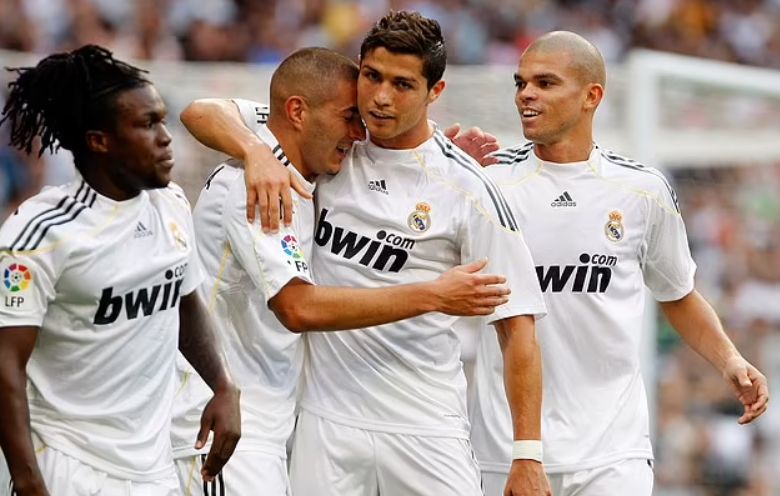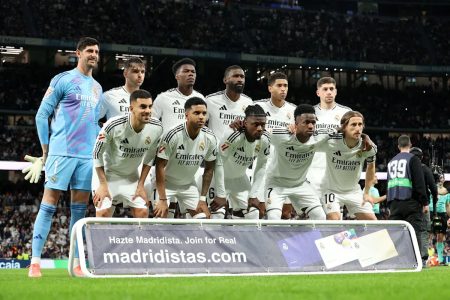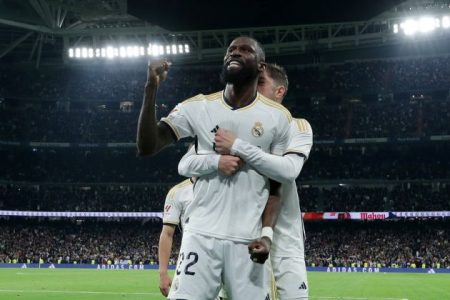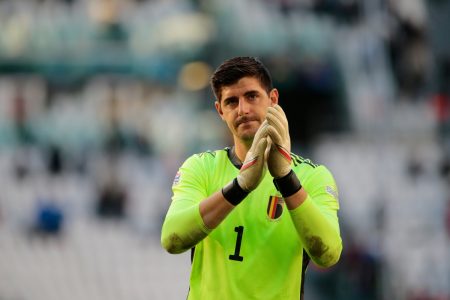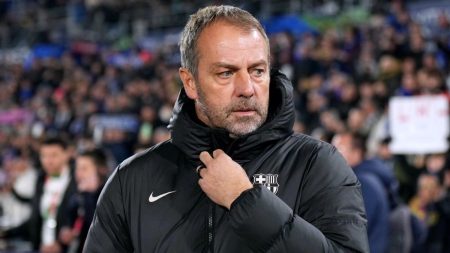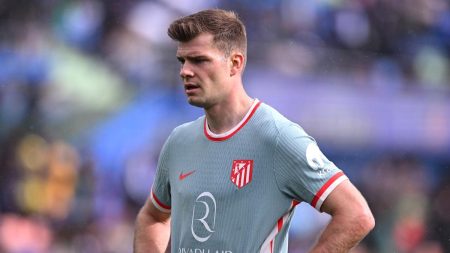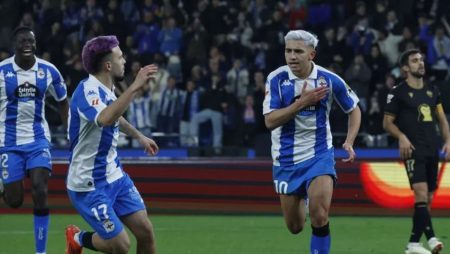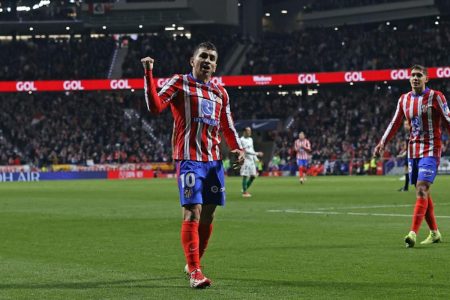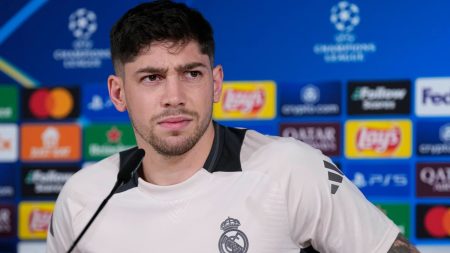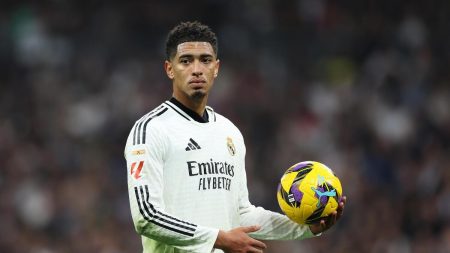The Rise and Fall of Royston Drenthe
When Royston Drenthe signed for Real Madrid in 2007, the world of football was abuzz with excitement. At just 20 years old, he was hailed as one of the most promising young talents, a player who could potentially light up the Bernabéu with his skills and flair. Drenthe’s journey to the Spanish giants was a testament to his early promise, but it was also a tale of missed opportunities and unfulfilled potential. Despite the initial hype, his tenure at Real Madrid was marked by limited appearances and a gradual decline in his career trajectory. Over the course of five years, Drenthe managed only 59 appearances for the club, a far cry from the expectations set when he first arrived.
The Decision to Join Real Madrid
In a recent interview on The Wild Project, Drenthe reflected on the pivotal moment that led him to choose Real Madrid over other top clubs. "Before signing for Real Madrid, Barcelona wanted me, also Chelsea, but they wanted me to stay at Feyenoord for a year and I wanted to leave directly," he explained. The allure of immediate stardom and the chance to play alongside legends like Beckham, Ronaldo, and Zidane proved too tempting to resist. Despite his family’s strong allegiance to Barcelona—largely due to the influence of Ronaldinho and the club’s popularity in Holland—Drenthe’s heart was set on Madrid. "Ronaldo was still playing for Madrid and he was still a king. I wanted to play where Beckham, Ronaldo, and Zidane had been. In Holland they call me a legend just for having played for Real Madrid. That’s why I rejected Barcelona, because I knew that Real Madrid was a historic club," he said. The decision was a bold one, driven by a mix of ambition and the desire to follow in the footsteps of his idols.
The Pre-Season Promise and the Sudden Turn
Drenthe’s time at Real Madrid was not without its moments of promise. During the pre-season in Los Angeles in 2012, he found himself in a favorable position. "In the pre-season in Los Angeles, me and Marcelo were playing. Marcelo was injured and I had to play the whole pre-season. Everything went well. I don’t know why they went to sign Fabio Coentrão," he recalled. Drenthe’s performances during this period were commendable, and he received positive feedback from then-manager Jose Mourinho. "Mourinho told me: ‘If you train like this, you don’t have to worry.’ Everything was fine," he said. However, the optimism was short-lived. In the final days of the pre-season camp, Drenthe was approached by Jorge Valdano, the club’s then-director general. "Valdano came and told me that it was better if I left. It wasn’t the coach, it was Valdano. The coach didn’t have the balls to tell me. He told me that it had nothing to do with him," Drenthe revealed. The abrupt and impersonal nature of his departure left a lasting mark on him, a bittersweet reminder of the highs and lows of his time at the club.
The Impact of the Departure
The manner in which Drenthe’s Real Madrid career came to an end was undoubtedly a low point. "That stage ended in a sad way but I have a good memory because I learned a lot," he said, reflecting on the experience. The transition from being a highly sought-after prospect to a player on the periphery of the squad was a harsh reality check. Drenthe’s departure in 2012 marked the end of a chapter that many had hoped would be more successful. The lack of communication and the impersonal handling of his situation by the club’s management added to the disappointment. Despite the challenges, Drenthe’s time at Real Madrid provided him with invaluable lessons and experiences that would shape his future career.
The Controversial Encounter with Lionel Messi
Drenthe’s career took another unexpected turn during a loan spell at Hercules in 2010. In a match against Barcelona, he found himself on the receiving end of a racially charged comment from Lionel Messi. "In a game when I was at Hercules, against Barcelona, Messi called me a s n. Then he told me that the Argentine players among them were called s b, for them it was a normal thing, for example they said it to Garay and he didn’t care, but they have to understand that a boy like me didn’t like it," Drenthe recounted. The incident was a stark reminder of the racial tensions that can exist in football, even at the highest levels. Drenthe’s reaction was measured, acknowledging the cultural differences but firmly stating that such language was unacceptable from a rival player. "It’s not the same if my friends told me in training, than if a rival told me it. After that we have not talked about it again, the issue passed. I have a lot of respect for him because he has been one of the best players in the world," he added. The encounter, while deeply troubling, did not define Drenthe’s career, but it did highlight the ongoing need for greater awareness and sensitivity in the sport.
A Career of Reflection and Resilience
Despite the setbacks and controversies, Drenthe’s career has been one of reflection and resilience. His journey through various clubs, including a return to Spanish football as recently as 2023, has been marked by a determination to prove himself and a willingness to learn from his experiences. "In Holland they call me a legend just for having played for Real Madrid," he said, a testament to the lasting impact of his time at the club, regardless of the limited playing time. Drenthe’s story is a reminder that the path to success in football is often fraught with obstacles, and that the ability to bounce back from adversity is as important as any on-field talent. His candid reflections on his career, from the highs of signing for Real Madrid to the lows of his departure and the racial abuse he faced, offer a humanizing perspective on the life of a professional footballer.

